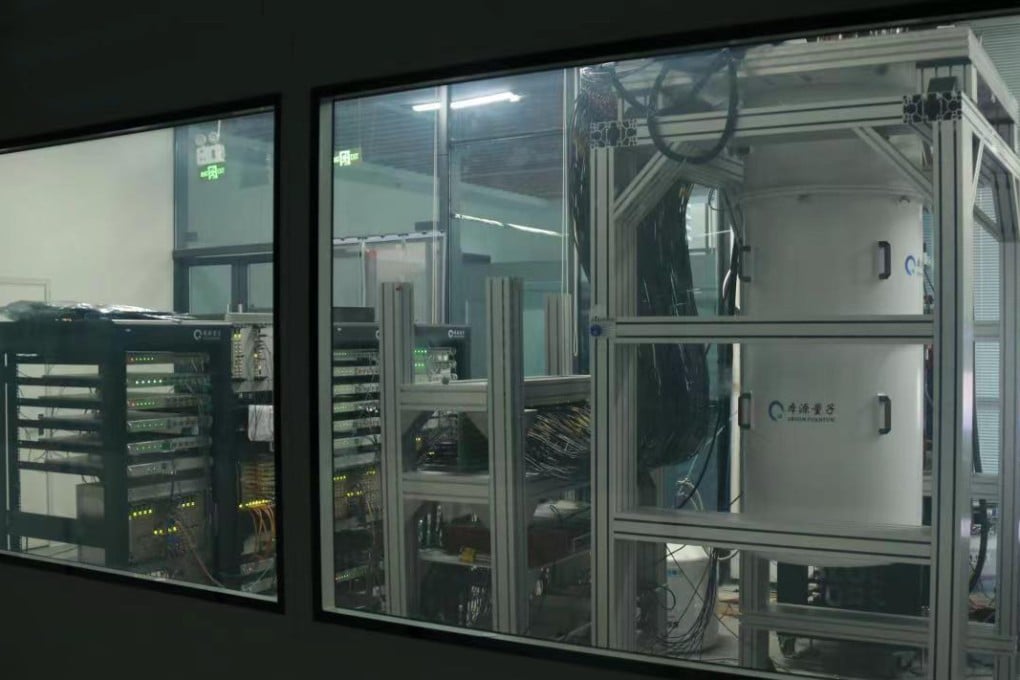Scientists install encryption shield to protect advanced Chinese quantum computer from attack
- Origin Wukong protective tech shows ‘China’s home-grown superconducting quantum computer can play both offence and defence’: computing centre head
- Countries around the world reported developing cryptography techniques to ‘resist quantum computer attacks’

Countries around the world had been developing similar “post-quantum cryptography” techniques to “effectively resist quantum computer attacks”, the newspaper reported.
The new methods are to replace the conventional public-key cryptography system, which could be vulnerable in the face of quantum computers with powerful computing capabilities.
The report quoted Dou Menghan, deputy director of the Anhui Quantum Computing Engineering Research Centre, as saying the “anti-quantum attack shield” was developed and used for the first time by Origin Quantum, the developer of the computer named after the Monkey King of Chinese mythology.
“This shows that China’s home-grown superconducting quantum computer can play both offence and defence in the field of quantum computing,” he said.
